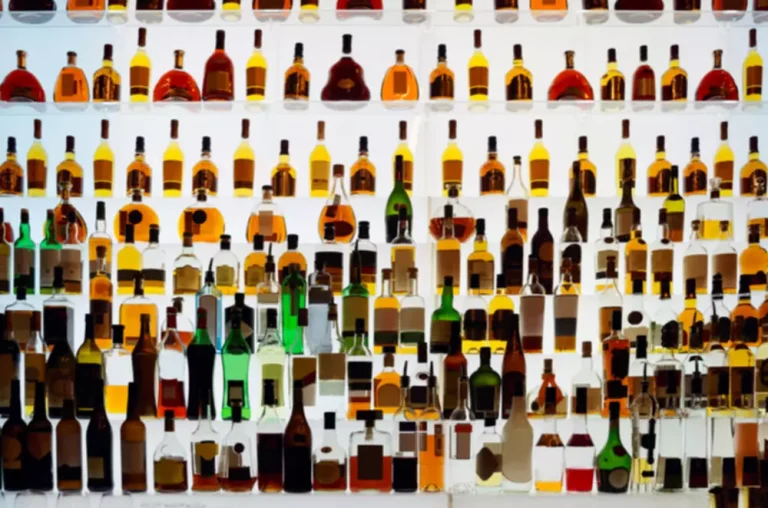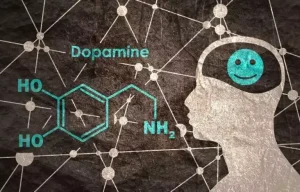If you notice signs of anaphylaxis, it’s crucial to seek medical attention immediately. It would be easy to confuse these symptoms with alcohol poisoning, but the Mayo Clinic says they can be a sign of allergy or intolerance. Unfortunately, the only treatment for alcohol intolerance is avoiding alcohol. No drug will help you avoid the symptoms of alcohol intolerance or lessen your cancer risk. Alcohol intolerance is a real condition, but it can sometimes be confused with other related conditions, such as allergies or drug interactions with alcohol. Having an alcohol intolerance is a genetic condition that means your body cannot process alcohol correctly.
Alcohol allergies
If the side effects seem life threatening or you think you’re having a medical emergency, immediately call 911 or your local emergency number. Anaphylaxis is a severe, life-threatening allergic reaction that affects multiple systems of the body. “You will be shocked to know that if you are allergic to alcohol, your blood pressure drops after drinking. So, if you have a BP problem, then you should steer clear from all kinds of alcohol,” warns Dr Moon.
Allergy symptoms that alcohol makes worse
The main treatment of both conditions is avoiding alcohol or the ingredients that trigger the allergy. For allergic reactions, taking an antihistamine like Benadryl for a mild to moderate reaction can help. An alcohol allergy involves an immune system overreaction to alcohol, which can cause widespread and sometimes life threatening symptoms.
Newsletter Sign Up
If you’ve had a serious allergic reaction to Amitiza oral capsule, your doctor may recommend taking a different medication instead. According to Dr Pritam Moon, consultant physician, Wockhardt Hospital, Mumbai, a runny nose is one of the symptoms of alcohol intolerance. Inflammation in the sinus cavity can result in nasal congestion. This can happen due to high levels of histamine present in wine or even beer.
How to tell if you have an alcohol allergy
- Your provider can help get to the bottom of your symptoms and recommend the best next steps.
- Often, what people consider to be an alcohol allergy is, in fact, alcohol intolerance.
- It is best for people who have gluten intolerance to avoid beer, unless it is gluten-free.
- You should never ignore the symptoms of an allergic reaction.
Alcohol allergy happens when the immune system mistakenly identifies alcohol as a threat and launches an attack that can affect the entire body. Read beverage labels to see whether they contain ingredients or additives you know cause a reaction, such as sulfites or certain grains. Be aware, however, that labels might not list all ingredients. However, if you have a serious reaction or severe pain, see your doctor. Also, if your symptoms seem to be linked to an allergy or a medication you’re taking, see your doctor.
“The wheezing and nasal/sinus symptoms in particular are due to the release of sulphur dioxide gas causing airway irritation,” Dr Watts explains. Alcohol is toxic and must be converted by the body into non-toxic substances. This takes time, which is why the symptoms can last for a whole day or more. Even so, if you have a severe corn allergy, you may want to avoid corn-based spirits, most especially bourbon. Gin, whiskey, brandy, and some vodkas may also use corn as an ingredient or flavoring, so be sure to check the label. People with grape allergies need to avoid wine and distilled spirits made with grapes, including cognac, ouzo, and vermouth.
Precautions for Amitiza
- They should be considered severe and potentially life-threatening.
- However, this symptom will likely be less severe and free from the same concerning shortness of breath.
- If all alcoholic drinks seem to induce reactions, it might signal an exaggerated response to alcohol or an exacerbation of an underlying condition.
- Seeing an allergist can help you figure out what you’re allergic to.
If you ever experience symptoms of anaphylaxis, call 911 immediately. That means you may be allergic to one type of pollen but not another. When your body detects an allergen, it responds by making a specific kind of antibody what happens when you are allergic to alcohol called immunoglobulin E (IgE). When you have allergies and allergens enter your body, your body responds by attacking the substance. All students are automatically enrolled in Cardinal Care health insurance coverage.
Some varieties of gin and vodka, as well as ‘natural wines’ are low in sulphites. However, asthma experts warn sufferers to choose their drinks carefully, because even low-sulphite wines will contain some sulphites. What we understand as a ‘hangover’ is made up of a particular set of symptoms – usually a thumping headache, nausea, intense thirst, tiredness and brain fog. This is all happens as a result of drinking alcohol, or more specifically, the series of bodily processes it sets in motion. People with mold or yeast allergies may have an allergic reaction to the brewer’s yeast used to make fermented beverages like beer, wine, and hard cider. If they don’t, you may experience a so-called “red wine headache” and other symptoms.
Symptoms often improve quickly after treatment with antihistamines. As Global News previously reported, groups like Arrive Alive and MADD advised the province to go slowly in its alcohol expansion plan, advice the government appeared to ignore. Store clerks will be required to complete Smart Serve training, or another recognized program, before being able to sell alcohol.






